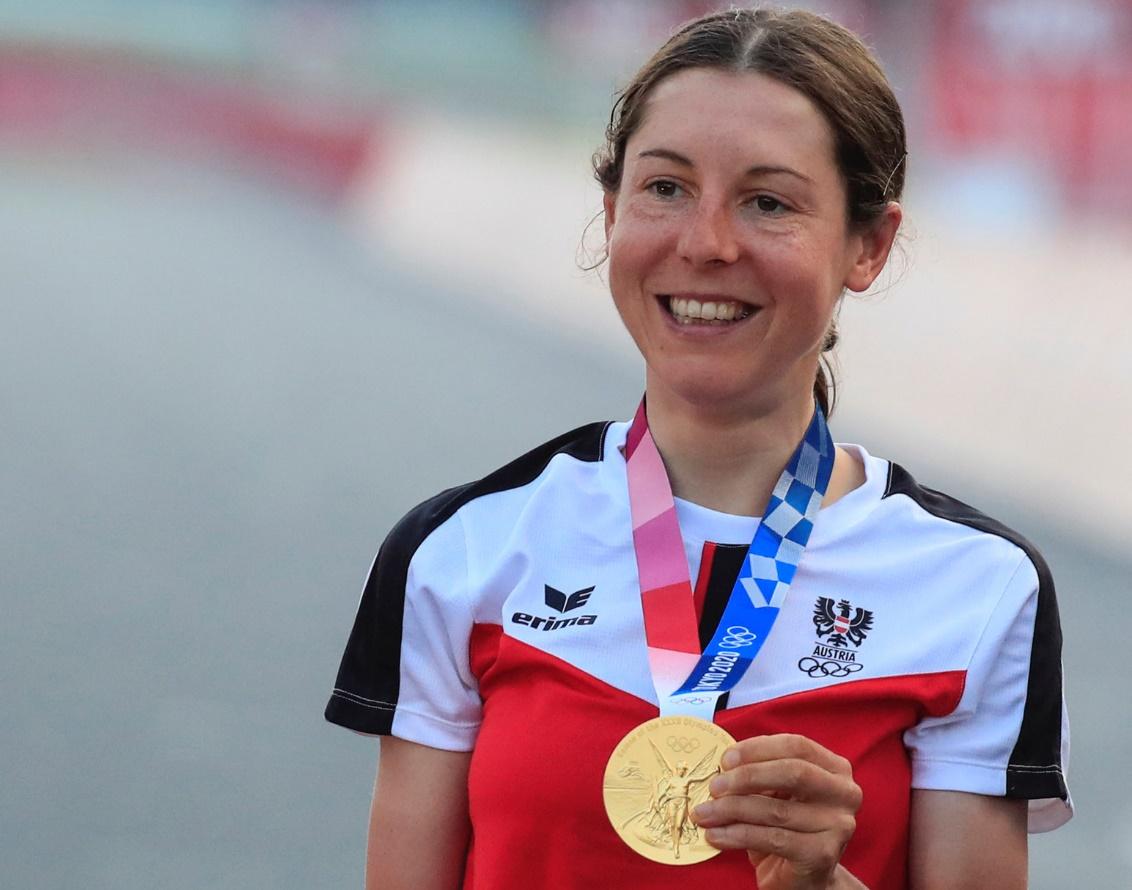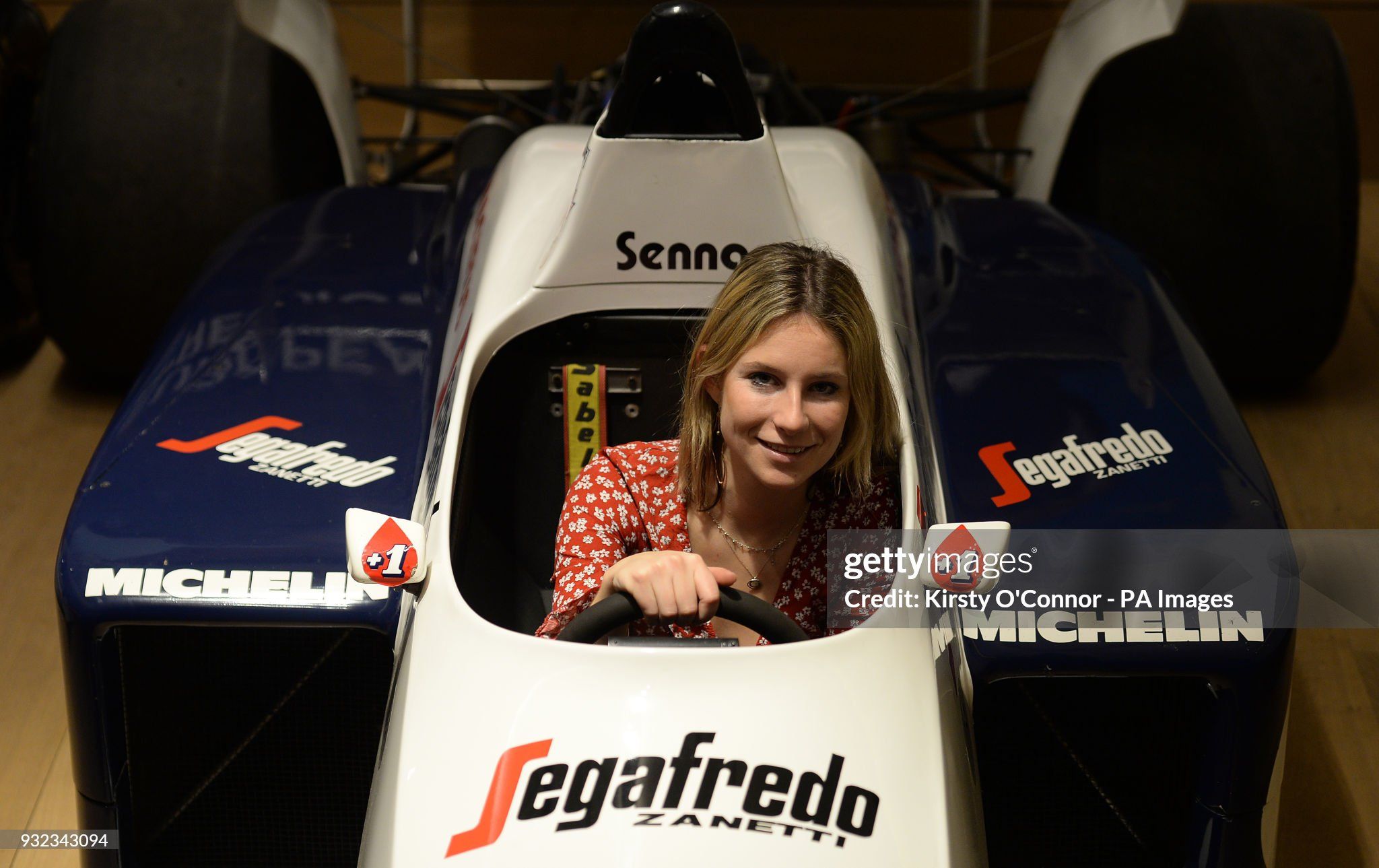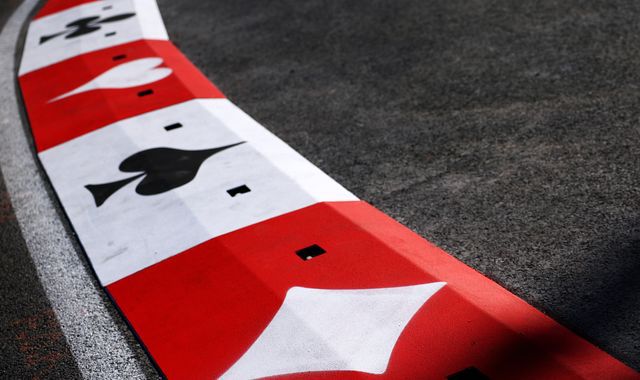The 2020 Olympics recently concluded in Tokyo, a year late and in a very strange atmosphere. It was the sort of thing Formula One has grown accustomed to over the past eighteen months.
One of the stand out moments of the Games took place at the home of many a great motorsport spectacle. Fuji Speedway, in the shadow of the great mountain itself, has been host to many races and championships. It is perhaps best remembered as the venue of the final showdown between Hunt and Lauda in the iconic 1976 Japanese Grand Prix, where Hunt took his Championship in the pouring rain. The Fuji Speedway played host to a different sort of racing during the Olympics, as the venue for the finish of the Cycling Road Races. It is the Women’s Road Race that provided the stand out moment of the Games for me and for many and which I believe has a valuable message for Formula One.

Anna Kiesenhofer.
The winner of the gold medal was Austria’s Anna Kiesenhofer. Anna is not only an Olympic athlete but also holds a PhD in Mathematics. Anna earned her degree from the Technical University of Vienna, her Masters degree from Cambridge University and her PhD from the Polytechnic University of Catalonia. She is currently a postdoctoral researcher at the Ecole Polytechnique Federale de Lausanne. She has also been a professional cyclist and is better known as a time trial rider than a road racer. I confess a bias here: my degree is in Mathematics and I have a passion for the subject. So much of what Anna said about her approach to the race resonated with me. It also has a valuable lesson for other athletes and I think, Formula One.
Anna’s success was unexpected. The Olympic field was made up of national teams of professional riders, used to taking on the big events; the established peloton. As part of a 5 rider break, Anna attacked from the start, building up an 11 minute lead. The other riders began to fall away but while the professionals in the pack made tactical errors, Anna maintained her pace. She entered the iconic Fuji Speedway having given everything in the searing heat. She collapsed after crossing the line, realising her achievement. She finished so far in front that the Dutch rider, Annemiek van Vleuten crossed the line punching the air, thinking she had won, only to realise that she was the silver medallist. It was one of those truly iconic moments in sport that happen when an outsider, fully prepared and brave enough to challenge the conventional wisdom, takes their chance.
Kiesenhofer’s interview afterwards was wonderful (especially if you are a mathematician!) Mathematicians, she said, solve problems themselves. They trust their own decisions. They can work out their diets and their own training requirements. She was sceptical of the set up in teams where the cyclists are under the direction of the team boss.
“You’re in this environment where you just have to believe this middle aged guy who is your boss. Often the sports directors don’t have much of a clue regarding training. I just wanted to say, you shouldn’t trust them too much. You should continue thinking for yourself and being critical. Listening to people but being critical and not just believing everything.”
It’s great advice and I wish some of the Formula One drivers would listen to it. I am a big fan of race strategy and I admire the race strategists enormously and they have an important part to play. The best strategists, however, ought to be the racing drivers. They ought to be in charge of their race.
An important part of being a mathematician is not just solving problems and finding answers, it is fully understanding and formulating the question. What problem am I actually trying to solve? Anna asked a different question than the other cyclists and their team strategists. She did not follow the best strategy to win the Olympic gold medal. She followed the strategy that gave her the best chance of winning the gold medal. It’s a subtle difference. As Anna explained, she wasn’t there to make up the numbers. “There’s always this little hope, this little thought, yeah, I might win. If I’m at the start line, it means I’m prepared. I want to win. But also, I know realistically, I’m not supposed to win here.”
“I dare to be different. I have a different approach and this means that I’m also unpredictable, and that’s exactly what happened yesterday [in the race].
Obviously, Olympic Cycling and Formula One are not the same. Often, though, the importance of mindset is overlooked. A different mindset can bring different results and success. If Formula One wanted to please the fans, then they should release the drivers from the team strategy game they are forced into. Let each driver pick the strategy that is best for their race, not their team mate. Let the race be run for the benefit of the drivers.
And it would be great if more drivers decided to be “more Anna” in their approach.
By Clare Topic



Comments
Authorize to comment